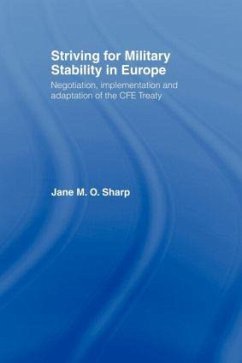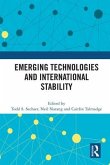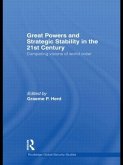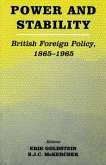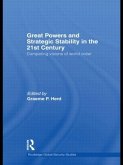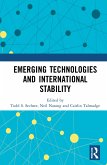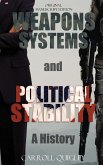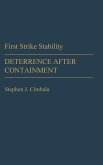This new book traces the changing relationship between Russia and NATO through the prism of conventional arms control, and focuses on the negotiation, implementation and adaptation of the Conventional Armed Forces in Europe (CFE) Treaty. It shows that arms control agreements reflect rather than affect relations between parties and how the CFE Treaty codified parity between NATO and the Soviet-led Warsaw Treaty Organization (WTO) in November 1990. It also shows how the CFE Treaty reflected the status quo at the end of the cold war, but the benefits were short lived, at least for Russia. Although still widely viewed in the west as the cornerstone of security and stability in post-Cold War Europe, from the Russian perspective the treaty was soon overtaken by events. With the collapse of the WTO and the Soviet Union in 1991, it became impossible to talk of a military balance between east and west in Europe, especially as all the former WTO states opted for membership in NATO. This study details how the other state parties worked hard to adjust and adapt the treaty to meet Russian concerns about its new weakness relative to NATO, and the issues that complicated Russian acceptance of CFE limits. This book will be of great interest to all students of NATO, European politics, international relations and strategic studies in general.
Hinweis: Dieser Artikel kann nur an eine deutsche Lieferadresse ausgeliefert werden.
Hinweis: Dieser Artikel kann nur an eine deutsche Lieferadresse ausgeliefert werden.

